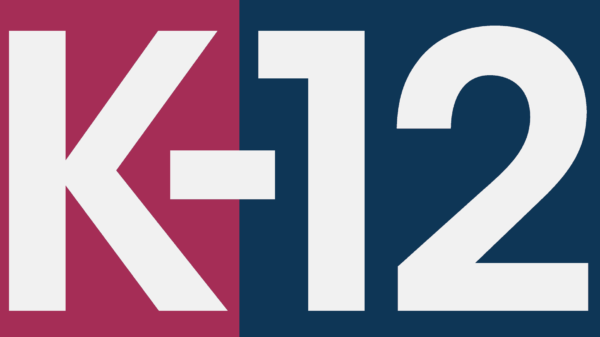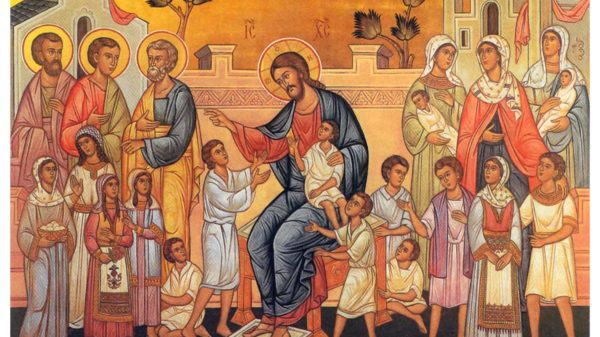Unclear what “feudalism” means? So are a lot of scholars!
Feudalism is a modern term that has been used to describe an economic system, a method of raising armies, a style of decentralized government, or some combination of them all. Paul Halsall’s Internet Medieval Sourcebook includes a section on “feudalism” and whether the term is useful.
Here are some individual documents about the legal and social status of lords and knights.
Some of the earliest references to knights are church enactments that attempted to keep unruly “horsemen” under control:
Peace of God – Synod of Charroux, 989 (Internet Medieval Sourcebook).
Truce of God, 1063( Internet Medieval Sourcebook).
Lords and their men — ideal and reality in 11th c. France (both documents refer to the same William, duke or count of Aquitaine):
Fulbert of Chartres: On Feudal Obligations, 1020 (Internet Medieval Sourcebook).
Agreement between Count William V of Aquitaine and Hugh IV of Lusignan (Internet Medieval Sourcebook).
Crusader Orders:
Various documents and encyclopedia entries on the knightly orders founded in the twelfth and centuries (Internet Medieval Sourcebook).
Oaths of homage and other legal obligations:
Homages Paid by the Counts of Champagne (Hillsdale College).
John of Toul’s Homage to the Count of Champagne (Hillsdale College).
Relief for Succession to a Fief, 1233 (Internet Medieval Sourcebook).
The Manner of Doing Homage & Fealty c. 1275, England (Internet Medieval Sourcebook).
The Collection of Scutage, 1159-1195 (Internet Medieval Sourcebook).
Historical Materials on Knighthood and Chivalry index












